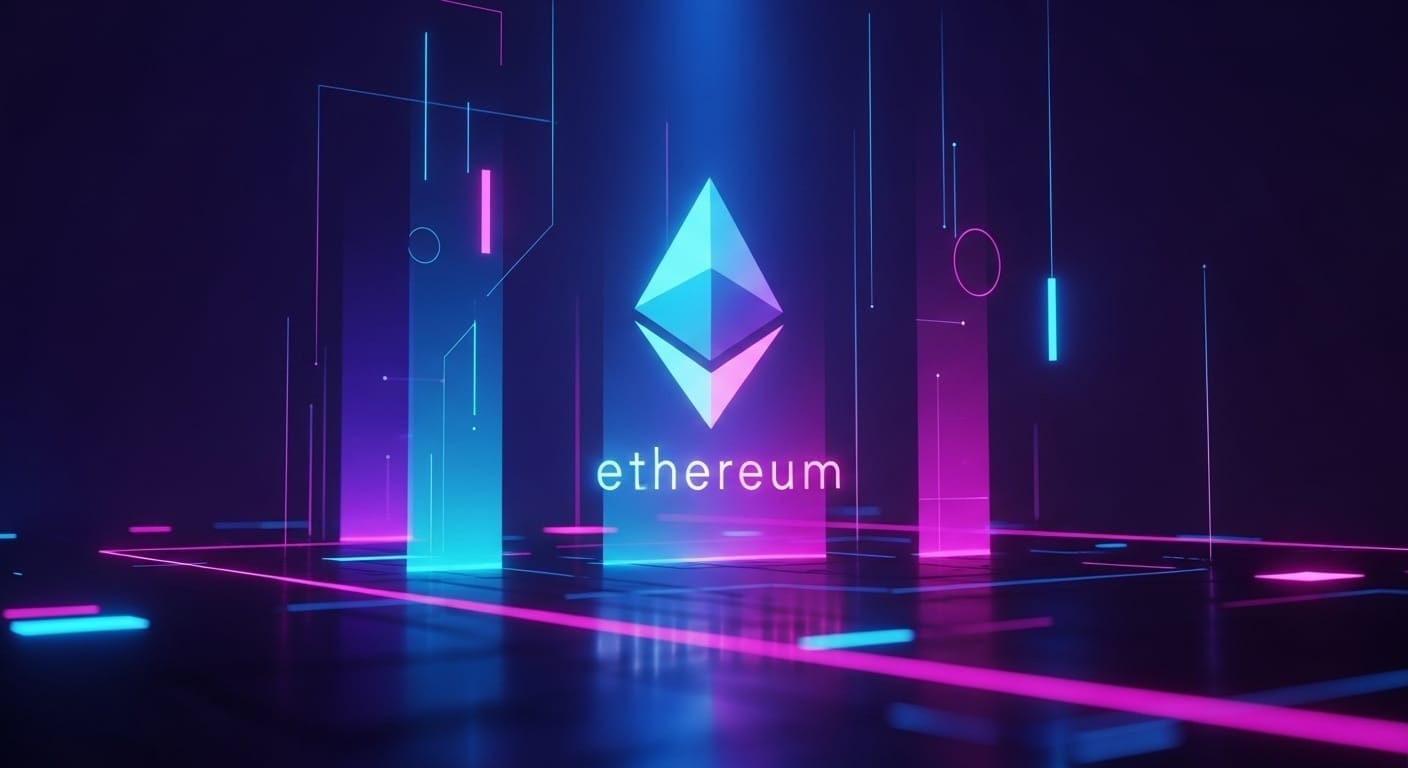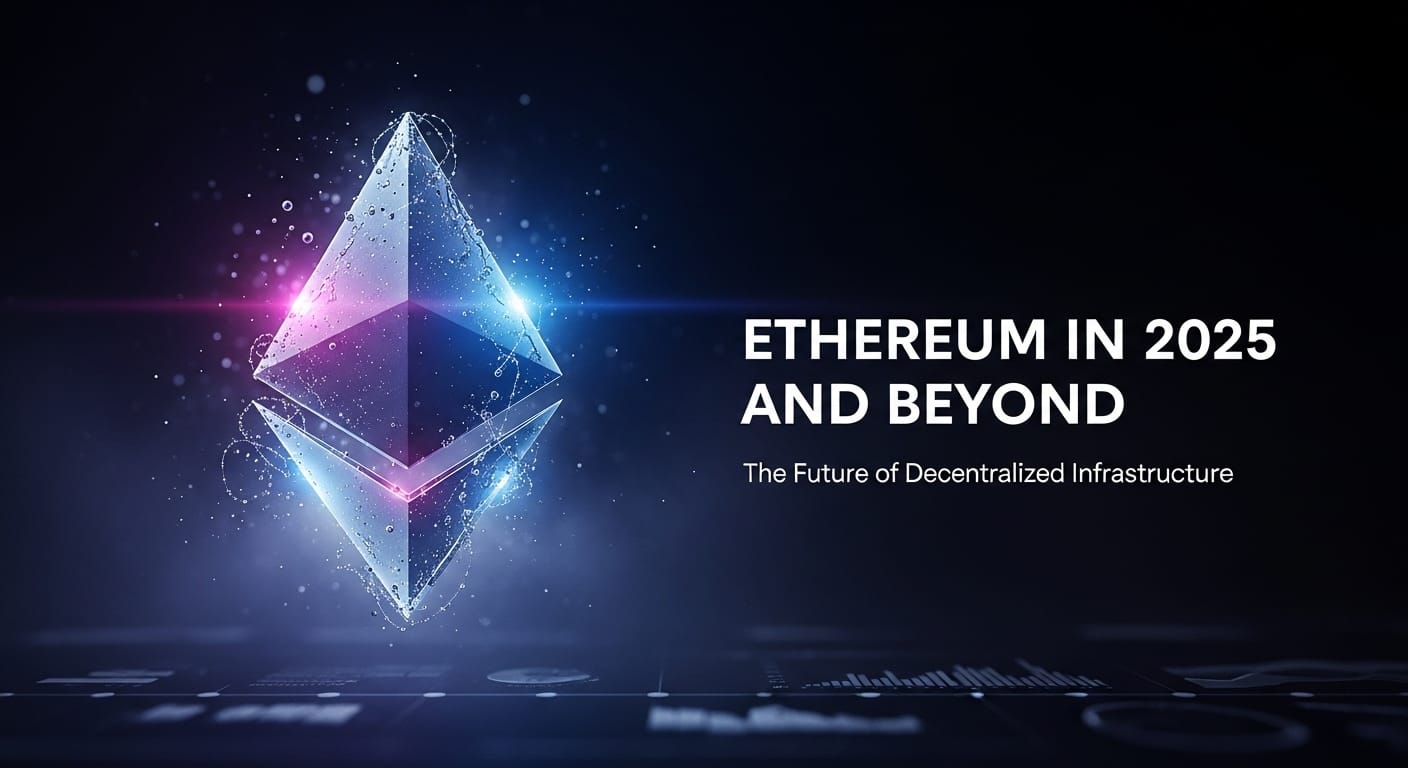
Ethereum
In 2025, Ethereum leads blockchain innovation as the backbone of Web3, powering smart contracts, DeFi, and NFTs with strong scalability and sustainability. Ethereum 2.0’s proof-of-stake consensus and Layer 2 solutions lower fees and energy use while speeding transactions. Whether you’re exploring staking, gas fees, or investment opportunities, Ethereum remains a top choice. Stay updated with expert insights and market trends to see why Ethereum continues to lead blockchain evolution.


